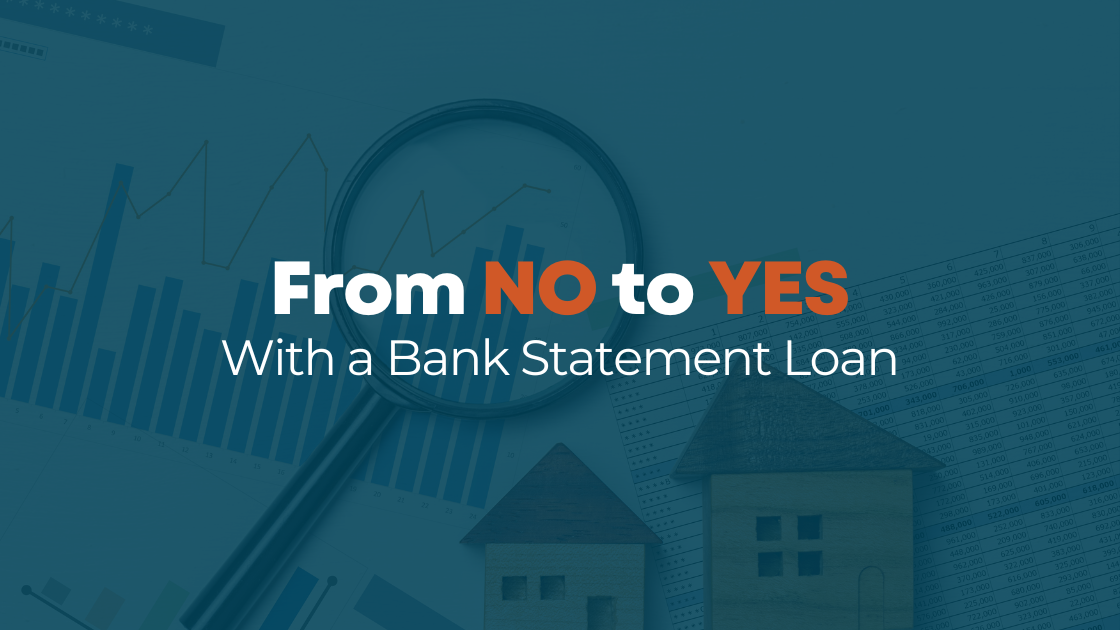I recently had a client who was referred because their current lender turned them down. They were doing a new construction, under contract for 6 months, and just 2 weeks before closing, the previous lender told them no because they didn’t show enough income on their tax returns. In the realm of mortgage financing, traditional methods often require extensive documentation of income, making it challenging for self-employed individuals or those with non-traditional income streams to secure a home loan. Enter the bank statement mortgage—a financial tool designed to bridge the gap and empower a broader spectrum of homebuyers. Through the use of this program, I was able to turn a no into a YES!
Bank statement mortgages, also known as alternative documentation loans, have gained popularity for their flexibility in assessing a borrower’s financial stability. Unlike traditional mortgages that rely heavily on W-2 forms and tax returns, bank statement mortgages consider a borrower’s bank statements as proof of income.
Instead of relying on traditional income documentation, lenders analyze the applicant’s bank statements over a specified period. Typically, lenders examine 12 to 24 months of bank statements to assess the average monthly deposits. Lenders use the average monthly deposits to determine the borrower’s income. This method accommodates those with irregular income or who may not have a consistent paycheck. Just like traditional mortgages, bank statement mortgages consider the debt-to-income ratio. Lenders evaluate the applicant’s ability to manage monthly payments based on their calculated income and existing debts.
One of the benefits of bank statements is that bank statement loans don’t count write-offs against their income. Since the focus is on bank statements rather than extensive paperwork, the approval process for bank statement mortgages is often faster than traditional mortgages. This speed is especially advantageous in competitive real estate markets.
Bank statement mortgages have emerged as a valuable tool in the mortgage landscape, offering a lifeline to those with non-traditional income sources. Their flexibility, accessibility, and streamlined approval process make them an attractive option for individuals who may face challenges with traditional mortgages. As the real estate market continues to evolve, bank statement mortgages stand as a testament to the adaptability of financial instruments in facilitating homeownership for a diverse range of individuals. To find out if the Bank Statement Loan program is the right fit for your buyer, please contact Andy Schoemehl at 314-221-7797.
|
Andy Schoemehl | Vice President |


